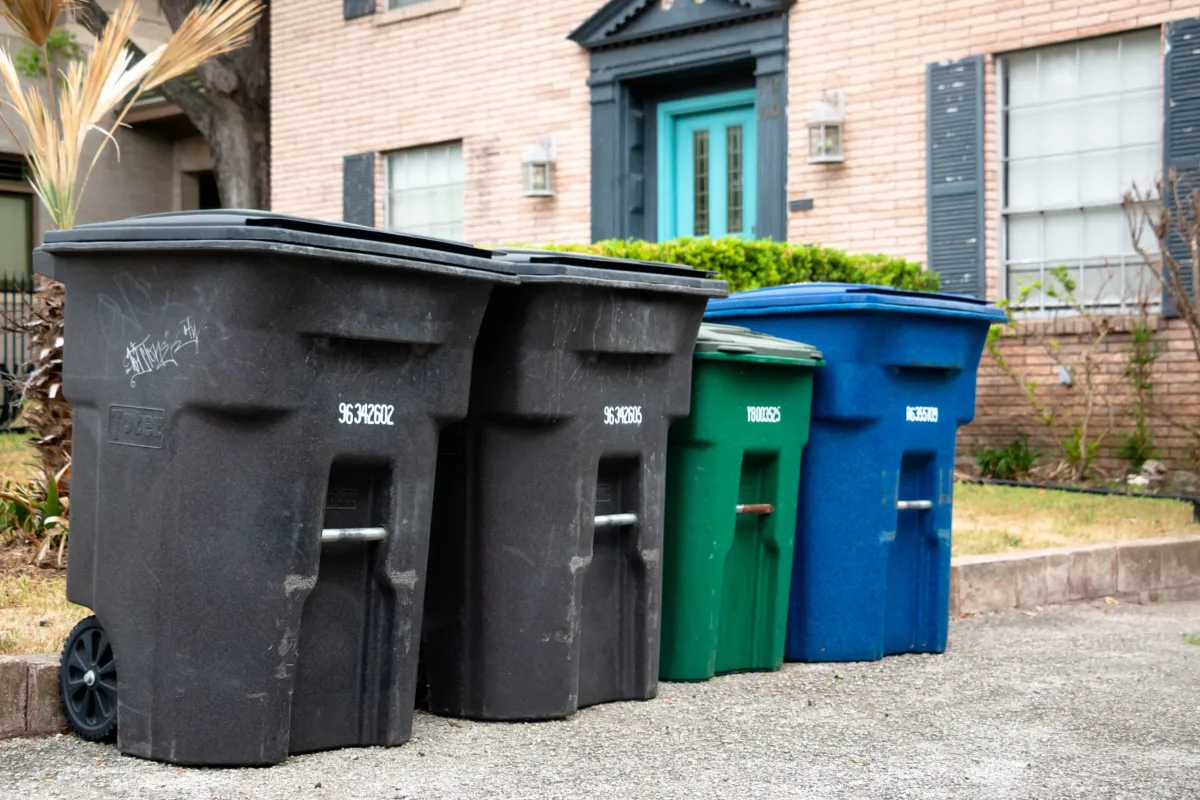Dallas city officials are contemplating a significant shift in the way trash is collected, moving from alley pickups to curbside collection. This change aims to enhance safety and reduce costs but has sparked a mix of understanding and concern among residents.
Challenges of Alley Pickups
Currently, approximately 100,000 homes in Dallas rely on alley pickups for their trash disposal. Residents place their trash bags into bins located in their alleys for collection. However, city leaders argue that this method presents several challenges, both in terms of safety and financial efficiency.

Dallas alleys vary significantly in size and condition. Some alleys are as narrow as 8 feet, making it extremely difficult for sanitation trucks to navigate through them. Ideally, alleys should be at least 10 feet wide with a 15-foot right-of-way to accommodate these large vehicles. Unfortunately, about half of the alleys used for trash collection are narrower than this standard.
City officials highlight that these narrow alleys pose a risk of injury to sanitation workers and potential damage to city vehicles, utilities, and private property. Additionally, the costs associated with alley collections, including operating and labor expenses, are higher than those for curbside collections.
Community Concerns
While the city emphasizes safety and cost-efficiency, residents in certain neighborhoods, like the Hillcrest Forest community in North Dallas, express concerns about the proposed changes. They understand the city’s rationale but worry about the practical implications.
Debbi Stahl, a Hillcrest Forest resident, pointed out that her neighborhood’s infrastructure is well-suited for alley pickups. “The homes here have these super long driveways, things like that, that I think would just be an inconvenience for most of the neighbors,” she said.
Another resident, Mark Pfeifer, echoed these sentiments, highlighting the difficulties older residents might face. “It’s a long pull to the front of the house, and quite often those cans are really heavy,” Pfeifer noted. “I can do it. But some of the neighbors who live around here are a lot older than I am, so I don’t know how they would do without someone else’s help.”
Implementation Timeline
If the transition to curbside collection is approved, the city plans to implement it gradually over two years. The process would begin with the narrowest alleys, addressing the most problematic areas first.
This phased approach aims to mitigate the impact on residents by providing time for adjustment and addressing logistical challenges as they arise. City officials are likely to engage with communities to ensure a smooth transition and to address any concerns that may emerge during the implementation period.

While the proposed shift from alley to curbside trash collection in Dallas is driven by safety and cost considerations, it faces a mix of support and concern from residents. The city’s phased approach and engagement with the community will be crucial in ensuring a successful transition that addresses both logistical challenges and the needs of its residents.
